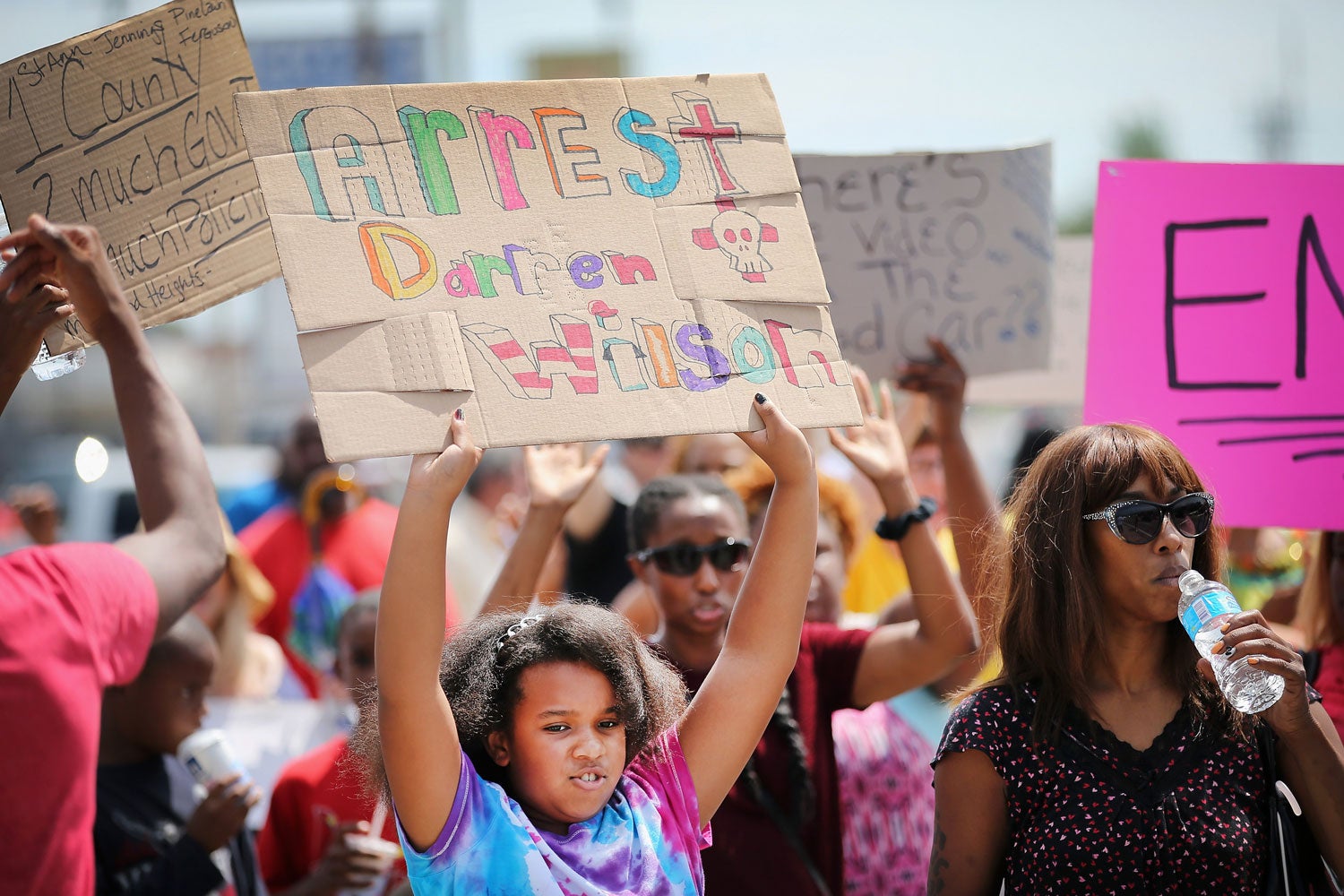
One of my earliest memories of the police wasn’t a pleasant one. I was about 6 years old, sitting in the backseat of my dad’s station wagon. We were coming back to our suburban New Jersey home after vising family in New York, and it was around 10pm. We were stopped at a light when a police car from a neighboring town came up behind us and put their lights on. My dad said something to my mom, and once the light changed, he went thru and pulled over. The cop did the usual “do you know why I pulled you over” to which my dad said “no, sir.” Well, apparently, his car was sticking out over the stop line, which my dad later said he wasn’t. The officer’s tone was incredibly hostile, and only softened just a bit when he saw that we were about 5 blocks from our house. My dad was given a ticket and a warning, and I got my first lesson in police interactions. This exact incident would repeat itself.
I should state, perhaps unnecessarily, that the vast majority of cops are good and decent people, just trying to do the best they can. Some of my family members are cops, and the cops in my actual hometown were all great. But the fact does remain that almost every Black person I know has their own unique, often troubling story about interacting with police in this country. And that is why the reactions to Mike Brown’s death in Ferguson were so visceral.
I started and stopped many drafts of this column after Brown’s killing. You know the rule about not writing emails when you’re really angry or upset? It applies to writing columns too. When Ferguson exploded, I was still reeling from Eric Garner. I wrote this a few weeks ago for ESSENCE.com:
I am terrified by the fact that in 2014 we still have to apparently be on pins and needles around police. Another thing my parents drilled into my head, especially growing up in an all-white town as I did, was to be overly polite and respectful to police. Even if they are in the wrong, I was to remember that they had all the power, and the weapons. It is why I get a pit in my stomach EVERY time a cop pulls up behind me, even if I know I am doing nothing wrong. I can only imagine how it feels for others who are constantly in the crosshairs of law enforcement while just going about their daily lives. Aside from being aggravating, it must be simply exhausting.
It is sad and all too telling that those words I wrote remain evergreen.
So I decided to take some time, step away from it and focus on other things. But the more I read comments from people asking “why does everything have to be about race” and “why doesn’t the media cover black on Black crime” (clearly those people never watch local news), I felt compelled to put pen to paper again. To all those who may be tired of hearing about race, I will counter with this. If you’re tired hearing about, imagine how tired we are living it. Put yourself in our shoes (and remember, the default shoe in this country is white, so I’ve already walked a mile in yours, while it appears most of you haven’t walked in ours).
But I don’t want to end this column on a somber note. Instead, I will talk about the small silver linings (if there can actually be any) in Ferguson. This week you saw hundreds of people show up at the first city council meeting since the shooting. Residents were vocal, demanding answers and accountability. After the violence settled, you had people out in force registering people to vote. There seems to be a real movement bringing people together, to both recognize their voting power and to use it at the voting booth. That, coupled with a full accounting of what actually happened, would be a positive outcome from all the tragedy and pain.
Daniella Gibbs Léger, a former special assistant to President Obama, is the Senior Vice President for Communications and Strategy at the Center for American Progress. Follow her on Twitter @dgibber123